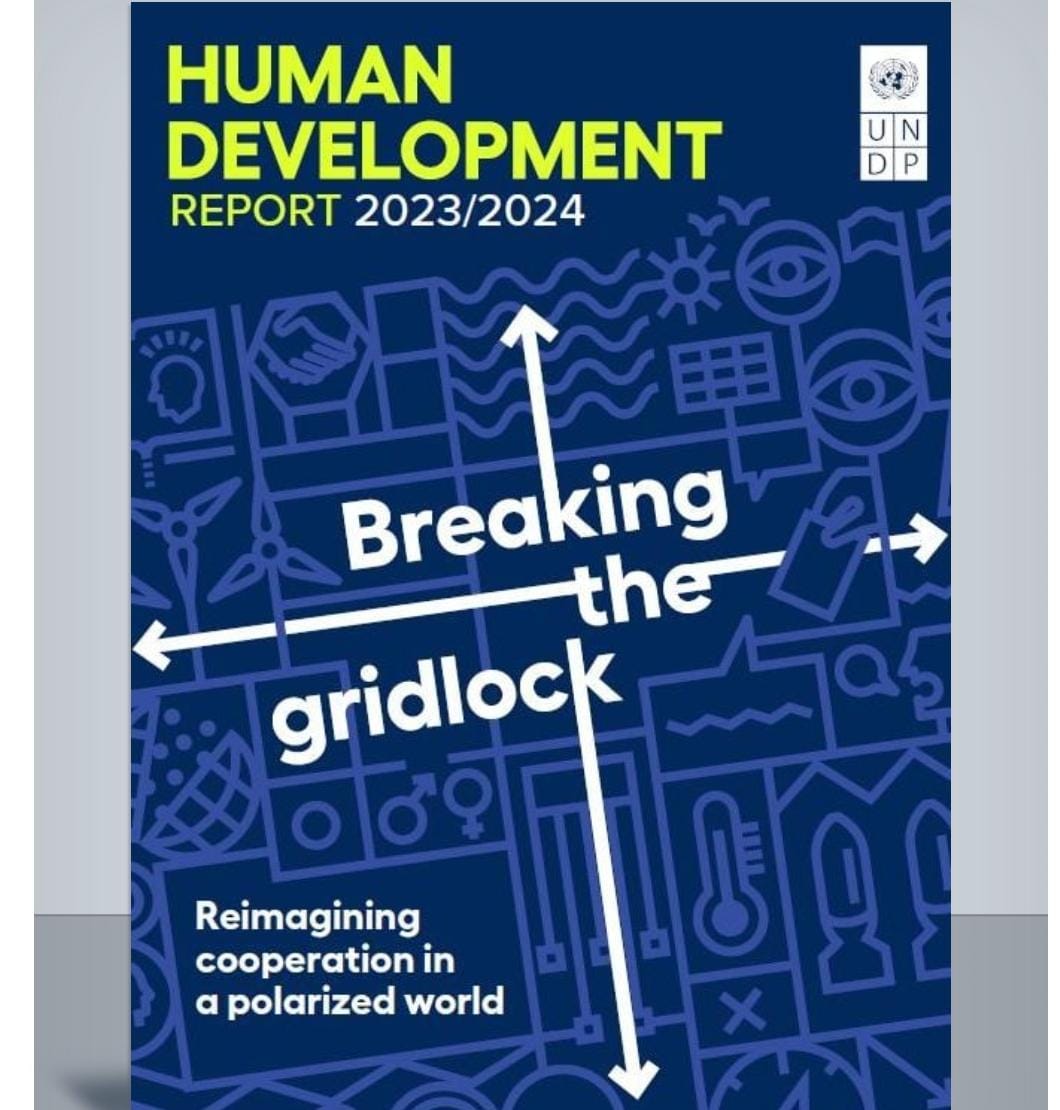UNDP Report Highlights Global Inequality and Political Polarization, Pakistan’s Ranking Falls
Islamabad

The recently released 2023-2024 Human Development Report by the United Nations Development Programme (UNDP) underscores a concerning trend of escalating global inequality and political polarization. Titled “Breaking the Gridlock: Reimagining Cooperation in a Polarized World,” the report points to a perilous deadlock that demands urgent collective action on a global scale.
Achim Steiner, the Administrator of UNDP, emphasized the alarming widening gap in human development between wealthy and poor nations. He warned that failure to address this gridlock not only hampers human development but also exacerbates polarization and diminishes trust in institutions worldwide.
Pakistan, unfortunately, finds itself ranked 164th globally in the ‘low’ human development category according to the report. This marks a significant decline from its previous ranking of 161 in 2022. Despite managing the Covid-19 pandemic reasonably well, Pakistan has faced persistent social, economic, and political challenges, including macroeconomic issues and the lingering impact of the 2022 floods.
UNDP Pakistan Resident Representative, Dr. Samuel Rizk, highlighted a concerning 33% decline in Pakistan’s inequality-adjusted Human Development Index (HDI), bringing it to 0.360. The country’s Gender Inequality Index (GII) remains stagnant at 135 out of 166 countries, indicating persistent gender disparities. The Multidimensional Poverty Index (MPI) score also remains unchanged, reflecting ongoing challenges in addressing poverty.
While South Asia has shown a relatively resilient recovery from pandemic setbacks compared to other regions, significant disparities persist between high and low HDI countries, signaling continued challenges in achieving equitable development.
Dr. Rizk emphasized the need for Pakistan to mobilize climate and Sustainable Development Goals (SDGs) financing, alongside implementing effective governance structures to ensure access to global public goods. He stressed that these goods should aim to benefit everyone, fostering human development for all.
The UNDP report outlines four critical areas for action: prioritizing planetary public goods for climate stability, fostering digital global public goods for fair technology access, implementing innovative financial mechanisms for low-income countries, and adopting new governance approaches to reduce political polarization and combat misinformation.
As Pakistan grapples with these challenges, the report serves as a call to action for policymakers and stakeholders to work collaboratively towards a more equitable and inclusive future for all citizens.





